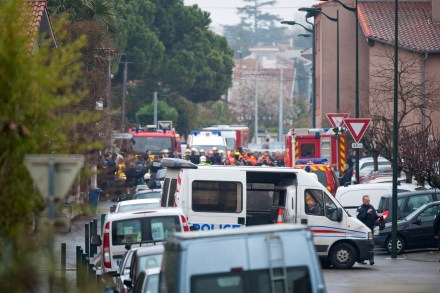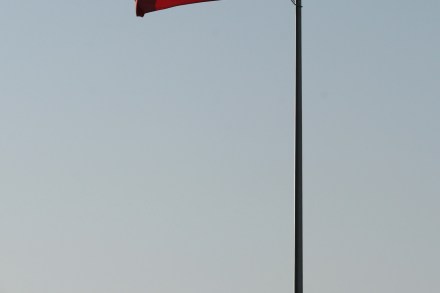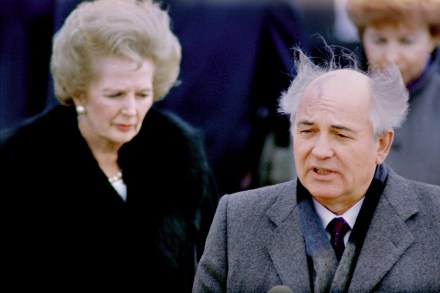How go those talks with the Taliban in Doha? Quietly, that’s how — although there’s a report in yesterday’s The Hindu that could reveal some of what’s being said, and is worth the time reading because of it. According to the paper’s diplomatic sources, the Taliban want Mullah Mohammed Omar installed as ‘supreme religious and political leader’ of Afghanistan. And, yes, that is the Mullah Omar who sheltered Al Qaeda when he actually was in charge of Afghanistan, and whose policy agenda included the death penalty for those converting to another religion, as well as the general subjugation of women, gay people, individuality, etc. He’s currently wanted to the tune



















